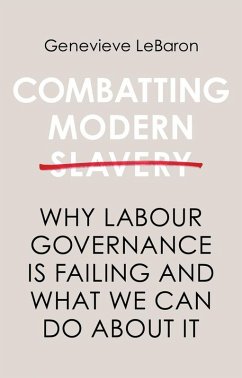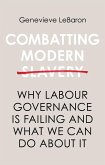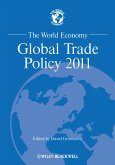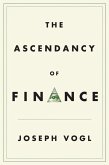Over the last decade, the world's largest corporations - from The Coca Cola Company to Amazon, Apple to Unilever - have taken up the cause of combatting modern slavery. Yet, by most measures, across many sectors and regions, severe labour exploitation continues to soar. Corporate social responsibility is not working. Why? In this landmark book, Genevieve LeBaron lifts the lid on a labour governance regime that is severely flawed and limited. She takes a close-up look at the millions of corporate dollars spent on anti-slavery networks, NGO partnerships, lobbying for new transparency legislation, and investment in social auditing and ethical certification schemes, to show how such efforts serve to bolster corporate growth and legitimacy as well as government reputations, whilst failing to protect the world's most vulnerable workers. To eradicate modern slavery and human trafficking in global supply chains a new approach is needed; one that confronts corporate power and profits, dismantles exploitative business models, and regulates the booming private industry of accounting firms, social auditors, and consultants that has emerged to 'monitor' and 'enforce' labour standards. Only worker-driven initiatives that uphold fundamental rights can protect workers in the contemporary global economy and make forced labour a thing of the past.
Dieser Download kann aus rechtlichen Gründen nur mit Rechnungsadresse in A, B, BG, CY, CZ, D, DK, EW, E, FIN, F, GR, HR, H, IRL, I, LT, L, LR, M, NL, PL, P, R, S, SLO, SK ausgeliefert werden.









